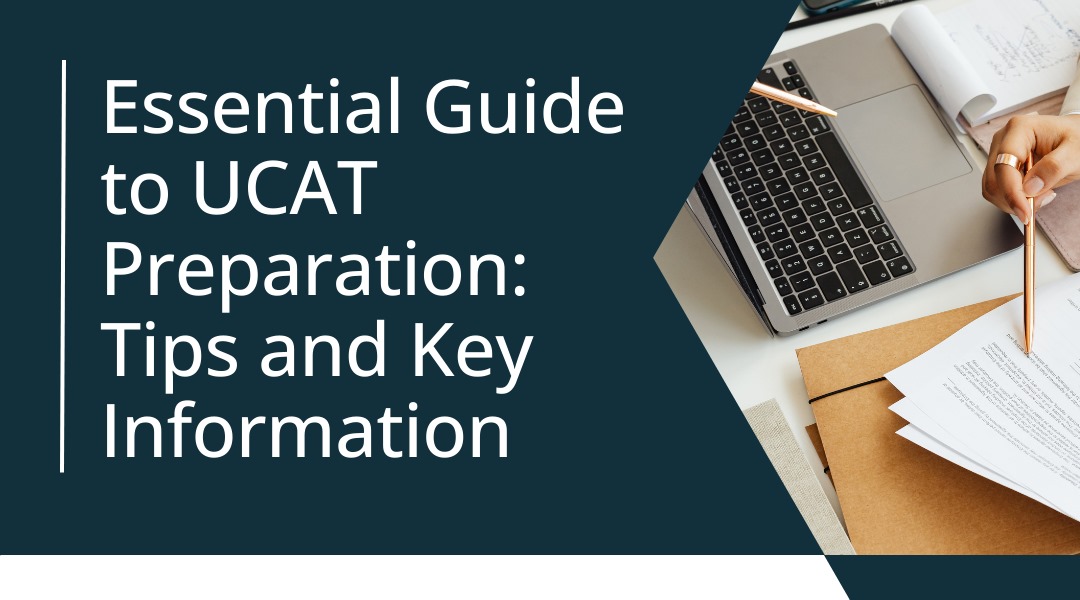-
Essential Guide to UCAT Preparation: Tips and Key Information
The University Clinical Aptitude Test (UCAT) is a critical step if you aspire to join medical or dental programs across universities in the UK, Australia, New Zealand, and numerous other countries. It’s more than just an academic exam; the UCAT preparation the mental agility and professional attributes essential for a successful career in healthcare. For…
-
How numbers on DSAT-Reading and Writing test can bring down your score?
The Reading and Writing sections of the DSAT include…
-
7 Impediments to Achieving Your Desired DSAT Score
Embracing the Digital SAT Exam in 2024 requires more…
-
Understanding Your DSAT (Reading & Writing) Scorecard
Your DSAT scorecard provides valuable insights into…
-
5 things to know about DSAT – Reading and Writing test
The Digital SAT introduces significant changes to the…
-
How Likely Is It to Succeed on the Digital SAT?
The Digital SAT in Dubai, like any standardized test…
-
Demystifying the DSAT: Your Guide to the Digital SAT
The SAT, a cornerstone of college admissions for…
-
Is the DSAT the Right Fit? Deciphering its Suitability
The DSAT, a pivotal aspect of Digital SAT prep in…









